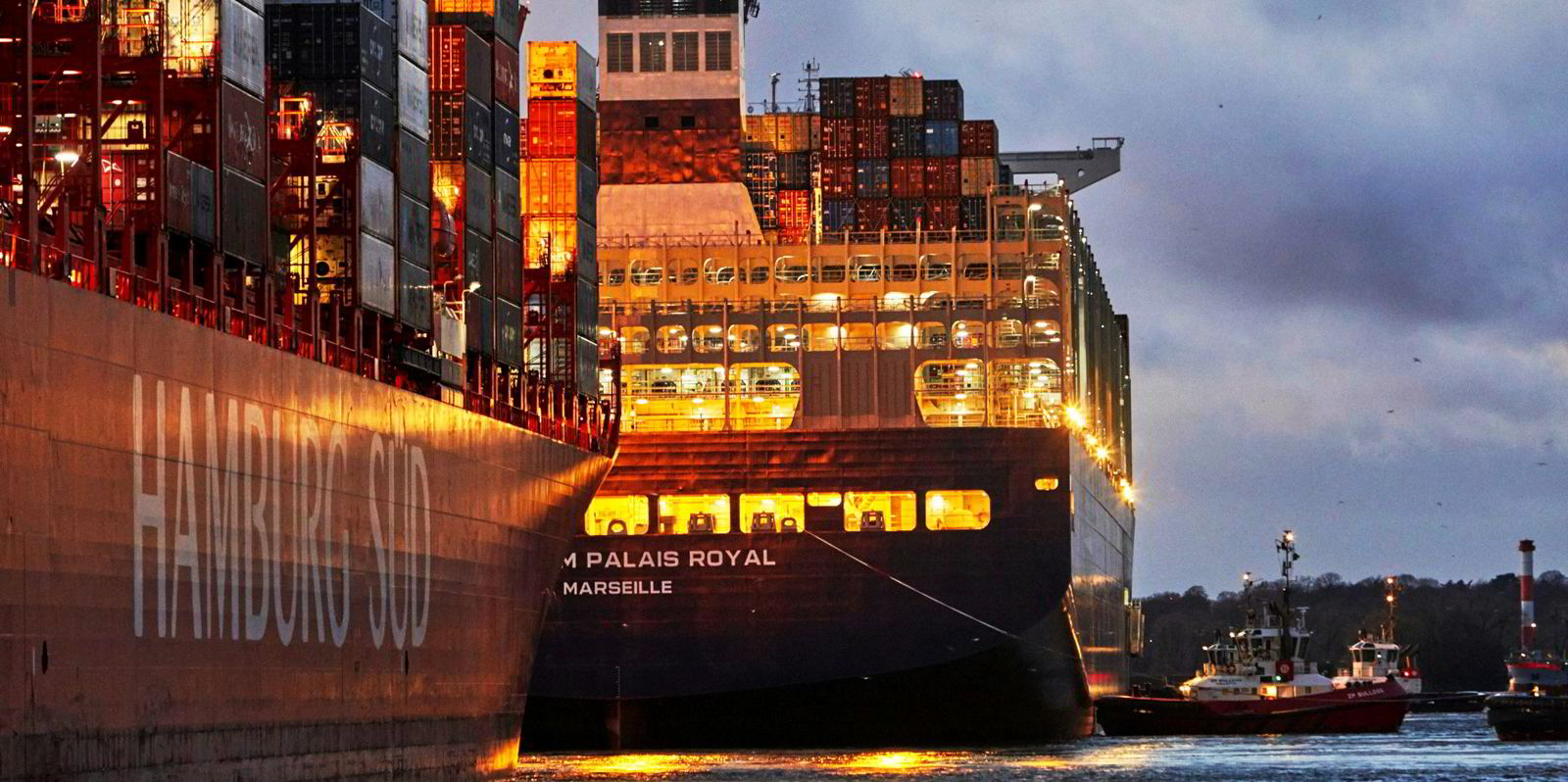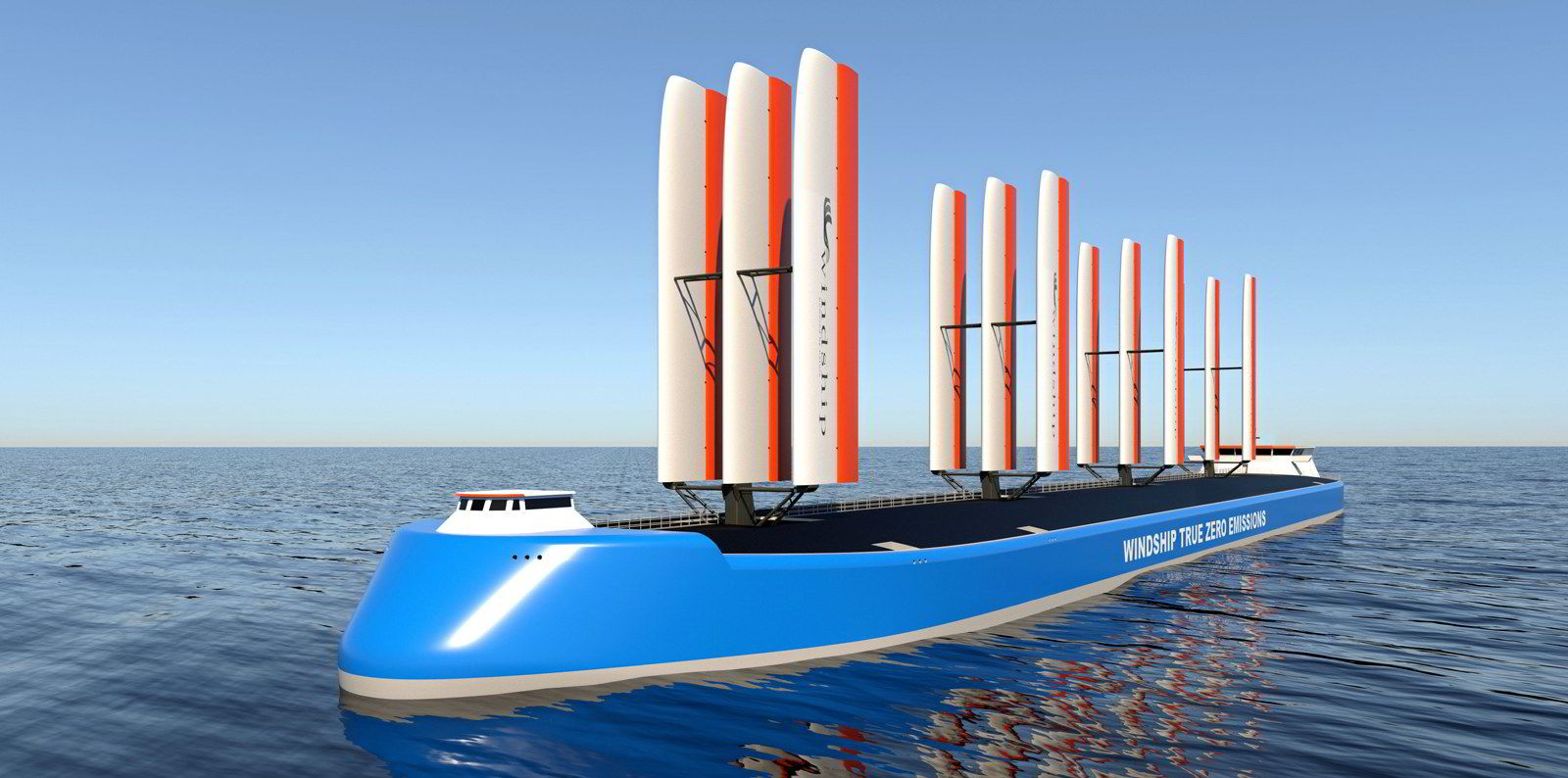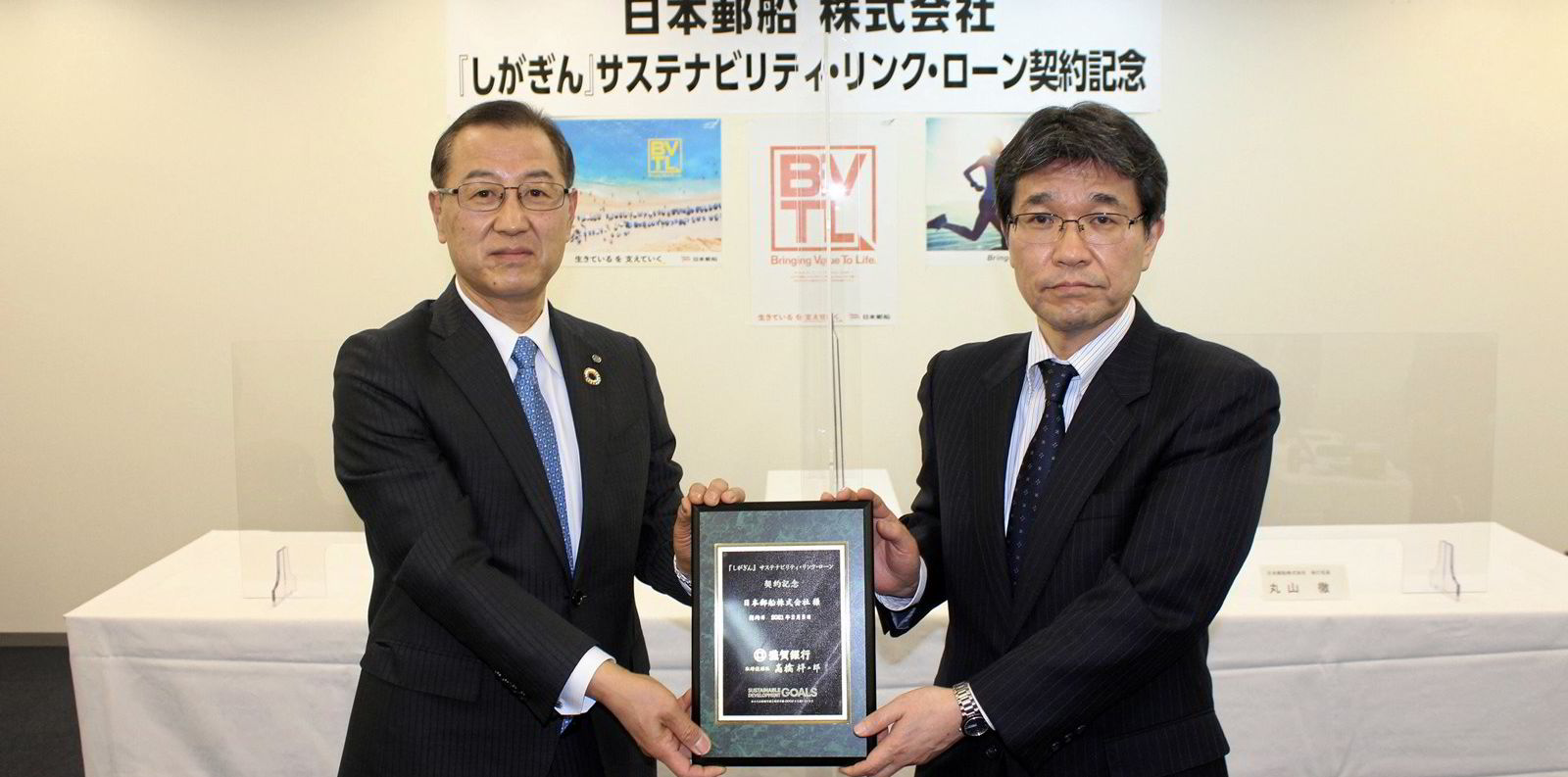Today, the maritime industry recognises the advantages of just-in-time (JIT) arrivals — controlling a ship’s speed so that it arrives in port at the optimal moment, when the availability of tugs, pilots and berth are guaranteed.
JIT arrivals not only ensure more streamlined port operations but, when slowing a ship’s speed, can greatly cut greenhouse gas (GHG) emissions and fuel costs.
The benefits are substantial. A drop in speed of just 10% can reduce a ship’s CO2 emissions by up to 30% and lower fuel consumption dramatically. Figures cited by the Global Industry Alliance (GIA) to support low-carbon shipping suggest a vessel arriving JIT may consume 23% less fuel.
JIT arrival also has the potential to cut the amount of fuel consumed under port stays, anchorage and when ships operate at speeds below one knot, which currently accounts for about 15% of total marine fuel use worldwide.
Furthermore, there is the improvement in asset utilisation that JIT facilitates, maximising turnaround, minimising idle time, and slashing delays all the way down the supply chain, as goods are more swiftly and efficiently transferred to land-based transport.
Why bulk is taking its time
For a combination of economic, efficiency and ecological reasons, JIT has already been embraced by the container shipping sector. However, the dry and liquid bulk sectors continue to lag behind.
Container shipping is relatively vertically integrated, a handful of carriers and terminals controlling much of the market. Being far less fragmented than dry and liquid bulk, container shipping is better equipped to institute sector-wide change.
Meanwhile, the myriad players in the dry and liquid bulk sectors will need to jointly buy into JIT arrivals in order for the concept to function. Diverse and — in many cases — fiercely competitive stakeholders will have to agree to more streamlined processes, data sharing, cooperation and communication.
Another hurdle is the traditional charter clause obliging a ship to proceed “with utmost or due despatch”, which can run contrary to the impetus of JIT arrivals to reduce passage speed. In a positive step, Bimco has created a clause that can be adopted within governing contracts to overcome this obstacle.
Slowing down climate change
Shipping is responsible for around 3% of global GHG emissions, releasing 1.1bn tonnes of CO2 each year. Responding to pressure from regulators, shareholders and customers, the shipping industry is striving to reduce its environmental impact, particularly in light of predictions of strong ongoing growth. (Moody’s predicts the industry will grow 3% to 5% in 2021.)

As shipping continues to expand, emissions could increase from about 90% of 2008’s levels in 2018, to 90% to 130% of the 2008 baseline by 2050 if no action is taken, according to projections published last year in the Fourth IMO GHG study.
Even those few remaining individuals within the industry who continue to be sceptical of climate change and view decarbonisation efforts primarily as a marketing or public-relations initiative cannot fail to find the prospect of the associated fuel-cost savings and increased efficiency highly attractive.
A world of difference
Whatever the motivations may be, this year could be the tipping point for the adoption of the JIT arrival concept for the bulk sectors. However, changes will arrive gradually.
Instituting JIT arrivals involves opening up the port-call process and data (some of it, closely guarded) to all parties involved. For many, this will be daunting, but it is a necessary step in order for all parties to improve together.
Conservative and competitive, stakeholders in bulk habitually keep their cards close to their chest. However, this can frequently lead to bottlenecks, where the lack of one "moving part" — the unavailability of a pilot when a ship is prepared to depart, for instance — results in a chain of delays. Aligning stakeholders and facilitating transparent information sharing will do much to streamline processes.
This year, in light of the change in US government, we will surely see greater emphasis on sustainability from lawmakers globally. New legislation and regulation — hopefully, including measures providing clarity on responsibility for emissions on international waters — may well provide the impetus needed for stakeholders to overcome their wariness and cooperate in ways that will ultimately benefit their business, our industry and our planet.
Dita Bruijn is director of operations at PortXchange, which provides digital solutions to optimise operations and reduce emissions from shipping.
Do you have an opinion to share? Email: news@tradewindsnews.com





